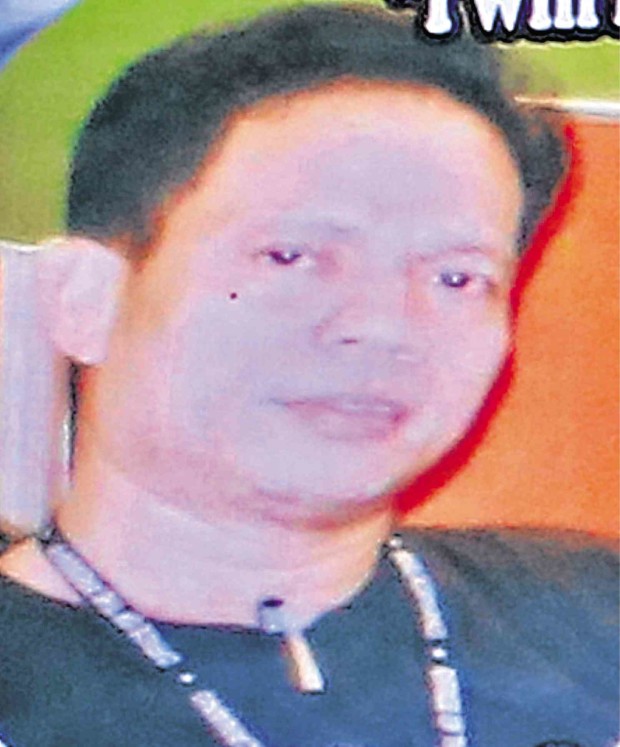On 27 May 2016 Alex Balcoba was speaking on a mobile phone outside his family’s watch repair shop in Manila when he was shot in the head by an unknown assailant who fled with a companion on a motorbike. Some of Balcoba’s fellow journalists witnessed the attack and rushed him to the nearby Jose Reyes Medical Center but he was pronounced dead on arrival.
The 56 year old had been a journalist since the 1990s and focused on crime and police brutality in Manila. He was a columnist with the Brigada Weekly and deputy director at the Manila Police District Press Corp. In these roles he often reported on police corruption and had received threats due to his work in the past. He is survived by his wife Florabella and their son.
The police opened an investigation into the killing but have not made any arrests. Police Superintendent Marcelino Pedrozo stated that the murder seemed to be the work of a professional assassin. One person of interest was former police officer Benjie Abad who had sued Balcoba for libel in 2012 over an article he wrote. Witnesses had seem them arguing in the weeks leading up to the attack.
The National Union of Journalists of the Philippines (NUJP) revealed that Balcoba is the 174th journalist to be killed in the Philippines since the end of the Marcos regime. This makes it one of the most dangerous countries in the world to be a journalist. NUJP Chairman Ryan Rosauro stated: «Our country has suffered too long from the impunity with which murder continues to be committed.»
